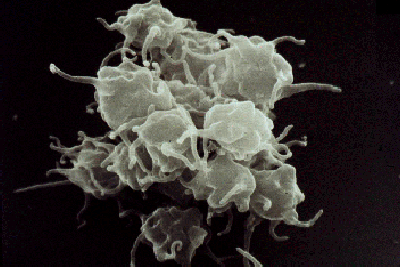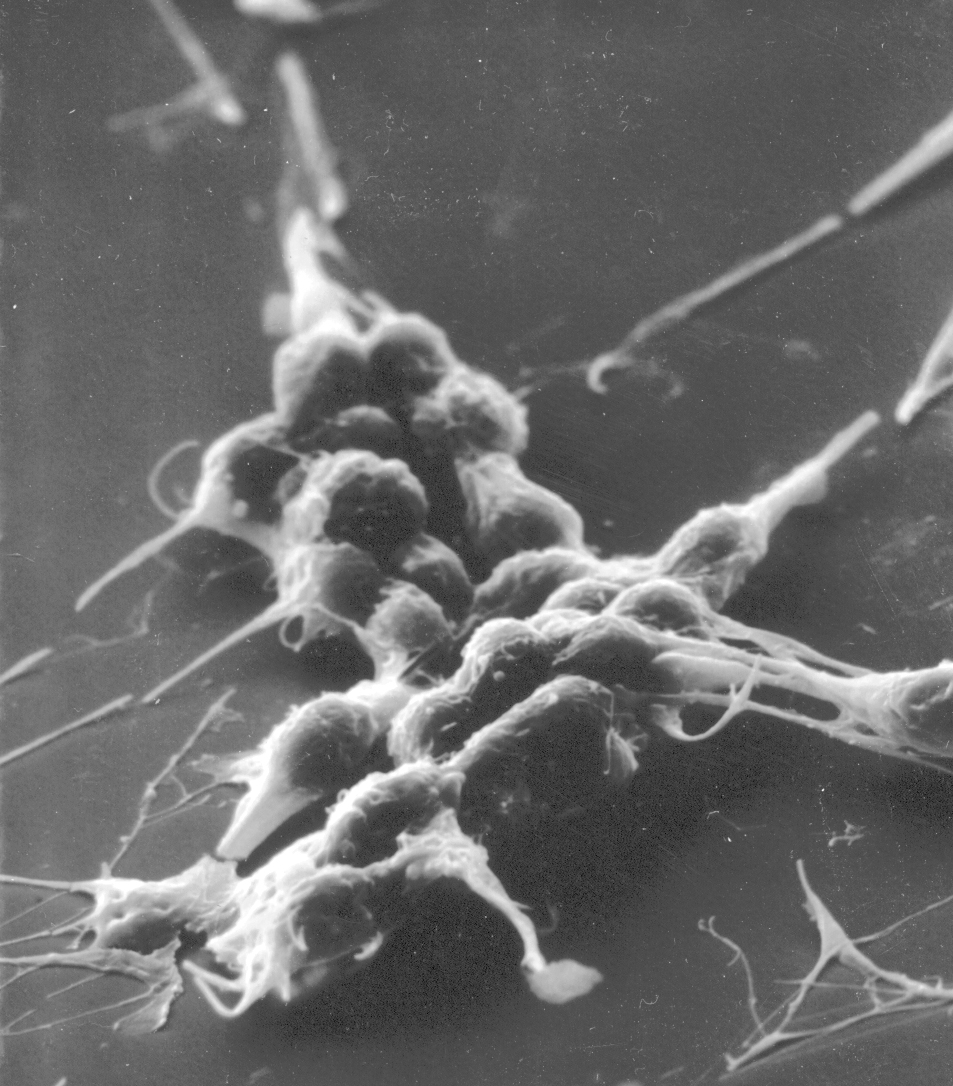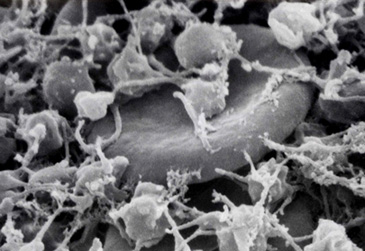The Oklahoma TTP-HUS
Patient Support Group Meetings
Since September 1996 we have had 2-3 meetings each year. All of our patients are invited to these meetings, which means that patients with different types of thrombotic microangiopathy (TMA) disorders are present. Among patients who have attended, most had TTP, some are children who had "typical" HUS caused by Shiga-toxin producing E. Coli infection, while others had quinine-induced TMA or complement-mediated TMA. Over the 19 years (1996-2015) of these meetings, the attendance has been consistent; an average of 17 former patients, plus an additional 16 family members and friends have attended each session. At each meeting there are some new patients as well as some patients who have attended these meetings for many years.
At these meetings we have learned that what our patients need most is information. A major issue faced by our patients is their difficulty explaining the serious illness from which they have recovered. They face a total lack of familiarity with TTP or HUS among friends and colleagues, and this creates a sense of isolation and frustration. Although we anticipated that these meetings would be important for helping our patients understand their illness, we did not anticipate how much we would learn from our patients.
It is from our patients at these meetings that we first learned that they were experiencing continuing problems with memory, concentration and endurance. At first, we did not believe that these were real problems as there was nothing written about these problems in medical textbooks or journals. Medical textbooks and journals have described TTP as an acute, severe disease with complete recovery. This was because the examinations in their doctor's offices, their blood counts and other laboratory data were all normal. As such doctors have assumed that these patients were normal and fully recovered. We assumed that if their recovery wasn't complete, that complete recovery only needed more time.
Thankfully, our patients finally convinced out research team that they had not truly recovered completely. Because of this, we expanded our research over the past 15 years to include screening tests for cognitive functions (memory, calculations, etc.) and depression. Through these tests, we have learned that our patients were right - our patients were not normal as assessed by these measurements. The frequency of minor cognitive abnormalities and depression is significantly greater among TTP patients than the normal US population. The effect of these abnormalities was not great. These abnormalities didn't prevent our patients from resuming their previous careers but it was enough that our patients noticed a decline. They reported that they had to be more careful about forgetting things and losing things.
By screening for these problems, we have been able to help our patients get the treatment for depression that they need. Unfortunately, there is no effective treatment to reverse the observed minor cognitive abnormalities but there are ways that people can adapt effectively to cope with these problems. Most importantly, the documentation of these problems has provided great support for our patients. Just knowing that we - and now all of their doctors - understand that these problems are real has been a great relief.
We feel that these meetings have been very successful - more successful than we had expected. We are confident that all of our patients feel better after attending our meetings and we encourage all registry patients to attend. Patients will be informed about meeting times and location through the mail.
IMPORTANT!
The information included in this website is for educational purposes only. The designers and operators of this site take no responsibility for the things you may do with this information. For advice on your unique medical condition, please consult your health care professional. By going further into this website you acknowledge that you have read and understood this disclaimer.



